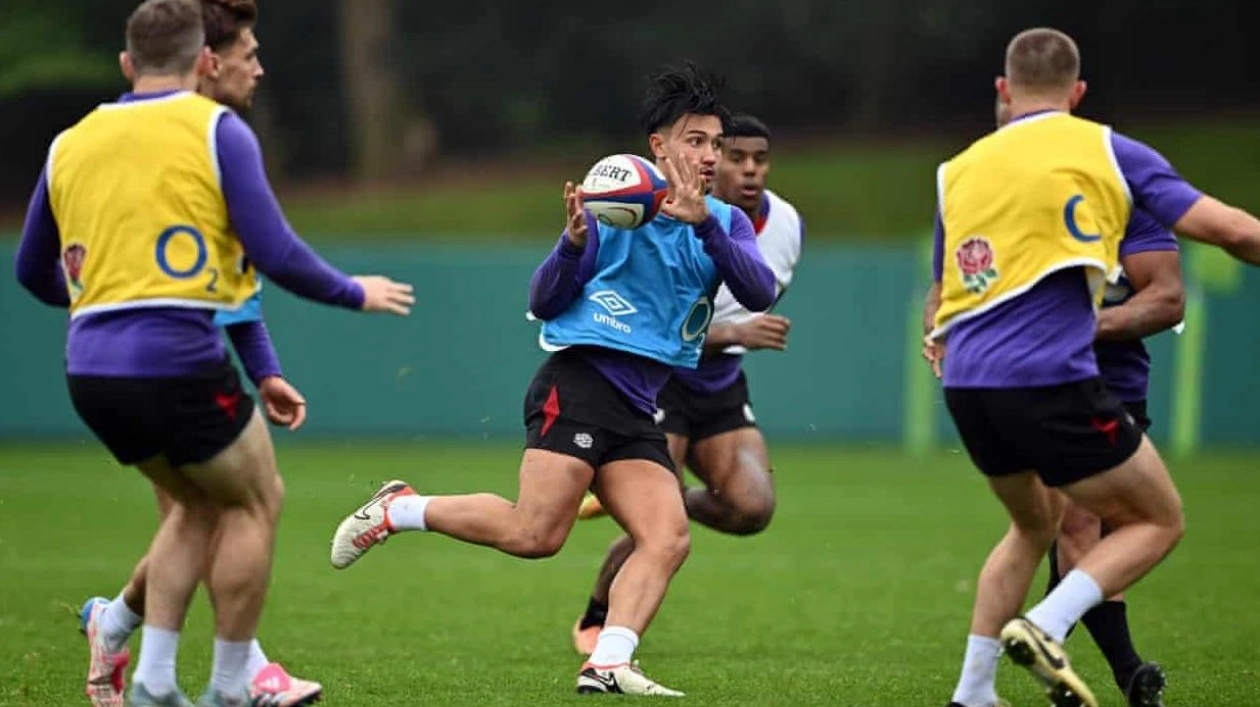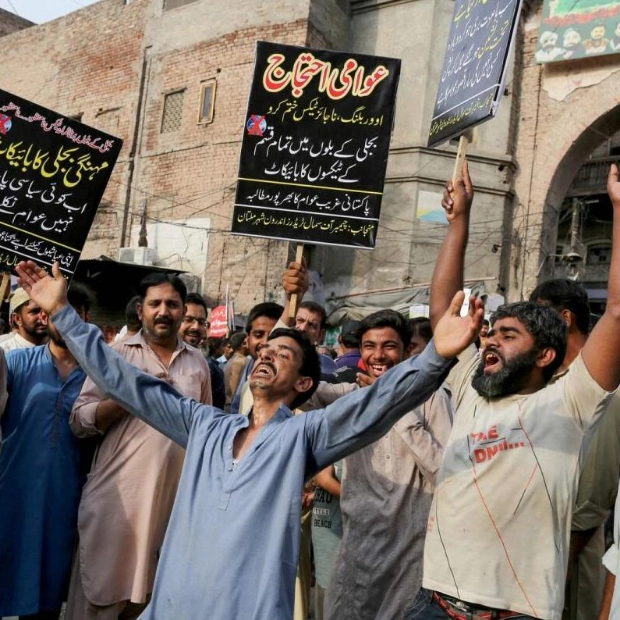Certain games can shape entire seasons, and for both England and Australia, another pivotal match is on the horizon. A convincing victory over the Wallabies would bolster the home side's belief in their resurgence. Conversely, allowing the visitors their first morale-boosting win in south-west London since the 2015 Rugby World Cup would cast a shadow over England's prospects.
England has already lost five of their last seven internationals, dating back to February's match at Murrayfield. Next week, the current world champions are set to visit Twickenham, followed by a brief encounter with Eddie Jones's Japan. The first two rounds of next year's Six Nations championship will see Steve Borthwick's team face Ireland and France. There will be little room for error if the Wallabies defy expectations and defeat England with a decisive move, reminiscent of Matt Giteau's performance in the 33-12 win nine years ago.
This week has not been kind to pollsters and political pundits, but bookmakers are giving Australia a 12-point advantage. For England to secure a win, they must overcome the frustration of last weekend's narrow loss to New Zealand and convert their potential into points. Despite near misses against the All Blacks, their opponents scored three tries to one and could have easily scored more.
Ollie Lawrence, the supposed focal point of England's midfield attack, made only two carries all day. While he made an impressive 27 tackles, there were echoes of the past when great centres like Jeremy Guscott spent much of their international careers waiting for opportunities. England once had an all-conquering pack, but that perception has faded. The bench has lacked impact, contributing only three points in the final half-hours of their last three games combined.
This match is England's chance to shake off their All Blacks frustration, rediscover their best form, and deliver the rugby their supporters crave. It doesn't necessarily mean constant wide-wide attacks but rather intelligent variations, smart angles of running, and energetic support. Discipline, set-piece solidity, and breakdown efficiency are also crucial.
Australia's scrum has improved, and their coach, Joe Schmidt, can rely on experienced props like James Slipper and Allan Alaalatoa. Schmidt's Australia also has a narrow three-point defeat to the All Blacks on their recent record and is set to debut the talented Joseph Sua'ali'i at Twickenham.
The first 50 minutes could define the game. Australia has nothing to lose and everything to gain by being physically aggressive, making life difficult at the breakdown, and giving Sua'ali'i the chance to make his mark. The need for Australia to be competitive when hosting next year's British & Irish Lions tour and the 2027 World Cup is pressing. A loss to England, Wales, Scotland, and Ireland individually would make it harder to convince everyone of a potential upset.
Heritage and box office magnetism also play a role. It's been 40 years since Mark Ella, David Campese, and co. demonstrated how to play the game on their 1984 European tour. Australia would love to have players of such caliber again. Ella's insights on fly-halves being granted the freedom to shape the game could resonate with Marcus Smith. England needs their fly-half to be insightful and instinctive, making the best decisions and bringing out the best in those around him.
There's no pressure, then, at this crucial stage of the Autumn Nations Series. Jason Robinson, a World Cup winner, is keen to see the home side 'take the shackles off' and express themselves. Losing at home to the world's ninth-ranked team would indeed be a significant setback.
Source link: https://www.theguardian.com






